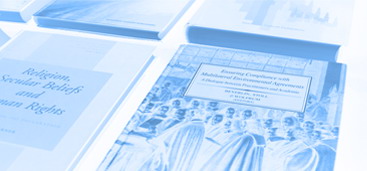Bologna Process: Uniformity and Differentiation
Reporter: Ilya A. Dementyev,Vice-rector of the Saint-Petersburg State University, professor.
The necessity of certain changes in the higher professional education came to light in the middle 90th when the reforms in economics were started and became irreversible. When Russian Federation joint the Bologna Process in 2003 the basic direction of these reforms was clear in general.
Rigid and at the same time too detailed State Educational Standards assumed in their first issue (and still assume in the second) exclusive uniformity of curricula for all universities. As a result, most of criteria of quality assurance applied by the state services were (and are) based on the structural and formal correspondence between rigid standards and certain curriculum. But at least a variety of scientific schools at different universities presumed an opportunity of essential methodical distinctions.
The economic situation and labor market already give a potential opportunity of a wide choice of an educational level of the future employee though the labor legislation does not regulate this question in a necessary degree. Similarity of the state diplomas and diploma supplements not only give no legal opportunities of a choice for the employer, but level substantial differences of education at different universities.
On the other hand, the developed and flexible labor market in Europe supposes the differences in the educational systems of many European countries to be clarified and understood. The idea of European Higher Education Area directed to make education transparent and comparable and proceeded via Bologna process can unfortunately be considered in Russia as a way from the former Russian uniformity to the future Europe uniformity.
However the content of education, pedagogical approaches and traditional system of knowledge lied in the basic of quality assurance are to be different in different countries, universities and educational programs. Therefore the consideration of features and differences will enable rational change of the higher education first of all directed on the decision of internal problems.

